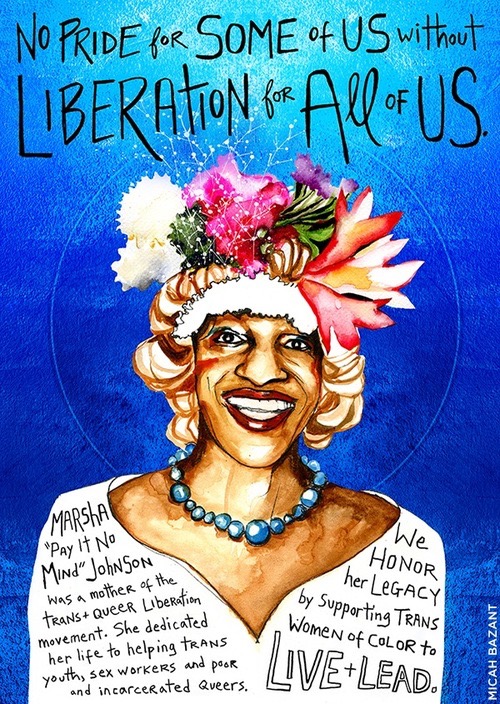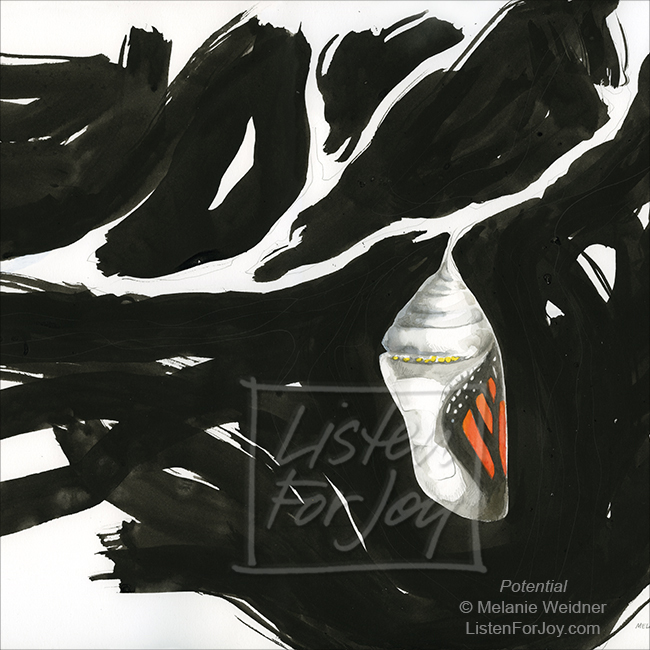
Mad Love
Luke 8.26-40
I was away at a week of church camp, the Assemblies of God, summer camp that my family would allow me to attend for a week each summer. It happened towards the end of worship, a girl around my age started shrieking, and what looked to be losing control of her body. All of our eyes watched as her small frame appeared to be involuntarily shaken, cries escaping her mouth. Middle School youth move in large groups anyways. Seeing this, you might have thought someone announced T-Swift was outside.
Most of us youth worried for her safety, though the adults began to ask for us to return to our rooms. As we moved towards the exit, the pastors and staff circled around her, trying to safely contain this outburst.All of us wondered what was happening to her as we walked to our rooms.
The next day the staff explained that she was possessed by a demon, and they needed to clear the room for an exorcism so that the demon wouldn’t enter into anyone else. Admittedly, because of this incident I spent the rest of that summer believing that a demon was going to possess me.
This story sounds skeptical to us present day folks, almost as impossible as the story we heard read from Luke, the story of the demon-possessed man that Jesus releases from his tormented state.
Many people have tried to come to terms with things, especially about one another, that we do not understand. Disability and mental illnesses have through history been likened to demonic possessions. Queer sexualities and trans-gender folx have been called demonic. Alcoholism and addictions have been addressed as folx struggling with their personal demons. And for many, demons are just that, spirits that take hold of us. Today, we should strongly take issue with anyone calling our disability, sexuality, gender, or addition demonic.
And the gospel writers were trying to make sense of this mad world. What all these invocations of demon possession seem to suggest, however, is that beyond the physical and even the personal, there are forces at work in the world, and affecting us that we cannot quite quantify.
Where is love in the body? What color is the soul? Can we inject grace into our blood? What smell does hate have? What tests can we run to screen our bodies for sexism or racism? In the end, however we understand these mysteries, there are evidently good spirits at work in our world and there are also demons. There will always be a need to put words to that special grace that drives some to bring life through impossible conditions and which drive others to commit unspeakable acts of violence.
With honest reflection, some of us come to accept this. What will happen if we accept “them” into our community-- whoever the group being identified as “them” is? It’s hard to trust folks we have previously mistrusted or blocked out of our lives. What if they betray us? What if they do things differently than us?
But this is the liberation that Jesus proclaims at the start of his ministry of setting the captive free, and recovery of sight of the blind. Jesus declares liberation is for each and every one of us.
Many of us might be frustrated with the response of the townspeople, demanding Jesus leave them. When the oppressed are made free, fear is an odd response in the midst of this miraculous moment. And the scripture describes that the man can’t keep quiet, liberation is bursting from him.
Why would we ever want to hush or demand the silence of folx who have experienced liberation and good news? Have you ever heard: “I wouldn't go around telling people you’re in therapy.” “I really respect this LGBT person, she’s not in your face about it.” “I don’t like those people but I like him, he is one of the good ones.” “Back in the day, people didn’t make as much of a fuss about labels as they do today.” “Oh, I just can’t learn all these new PC terms. I can’t keep track. I won’t do it.” “Why do those people keep coming around? Can’t we just ask them to leave?” “What if they become dangerous?”
Oppressed folx do not have to make themselves worthy to the dominant group by conforming, and we never have to make others small in order to make ourselves important.
Are we among those living within the tombs? Are we among the towns-people in the scripture, begging for Jesus to leave them? Folx who witness Jesus’ miracle, seeing the demon possessed man freed, who now have the opportunity to be a part of the restoration of relationship, to live and be community together.
The question in the end, is do we really want Jesus. If we want Jesus, well Jesus tends to come with all the sorts of people who we may have cut out of our lives.
Why would we ever want to hush or demand the silence of folx who have experienced liberation and good news? Have you ever heard: “I wouldn't go around telling people you’re in therapy.” “I really respect this LGBT person, she’s not in your face about it.” “I don’t like those people but I like him, he is one of the good ones.” “Back in the day, people didn’t make as much of a fuss about labels as they do today.” “Oh, I just can’t learn all these new PC terms. I can’t keep track. I won’t do it.” “Why do those people keep coming around? Can’t we just ask them to leave?” “What if they become dangerous?”
Oppressed folx do not have to make themselves worthy to the dominant group by conforming, and we never have to make others small in order to make ourselves important.
Are we among those living within the tombs? Are we among the towns-people in the scripture, begging for Jesus to leave them? Folx who witness Jesus’ miracle, seeing the demon possessed man freed, who now have the opportunity to be a part of the restoration of relationship, to live and be community together.
The question in the end, is do we really want Jesus. If we want Jesus, well Jesus tends to come with all the sorts of people who we may have cut out of our lives.
May each of us be found by this mad and liberating love.




